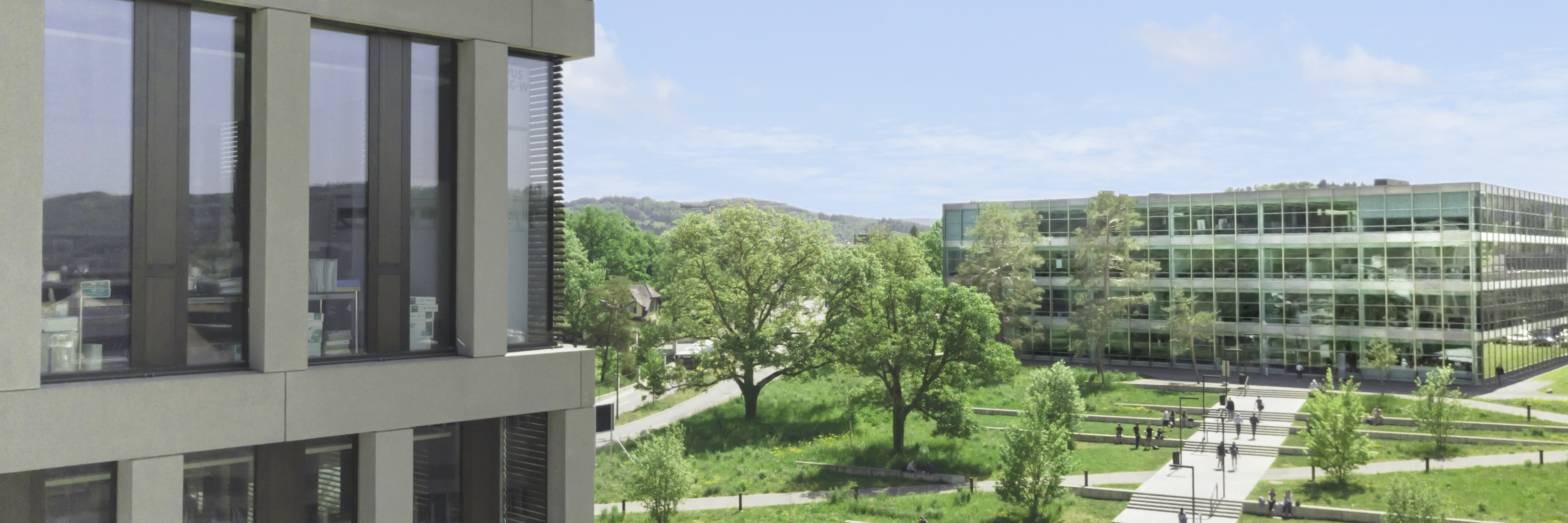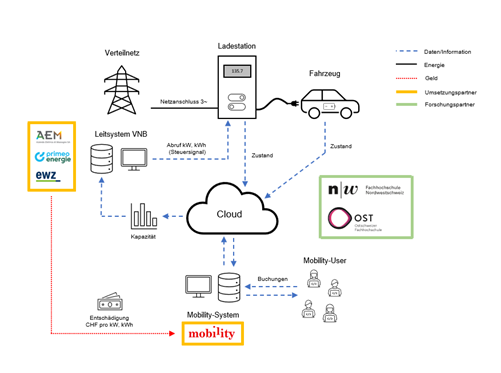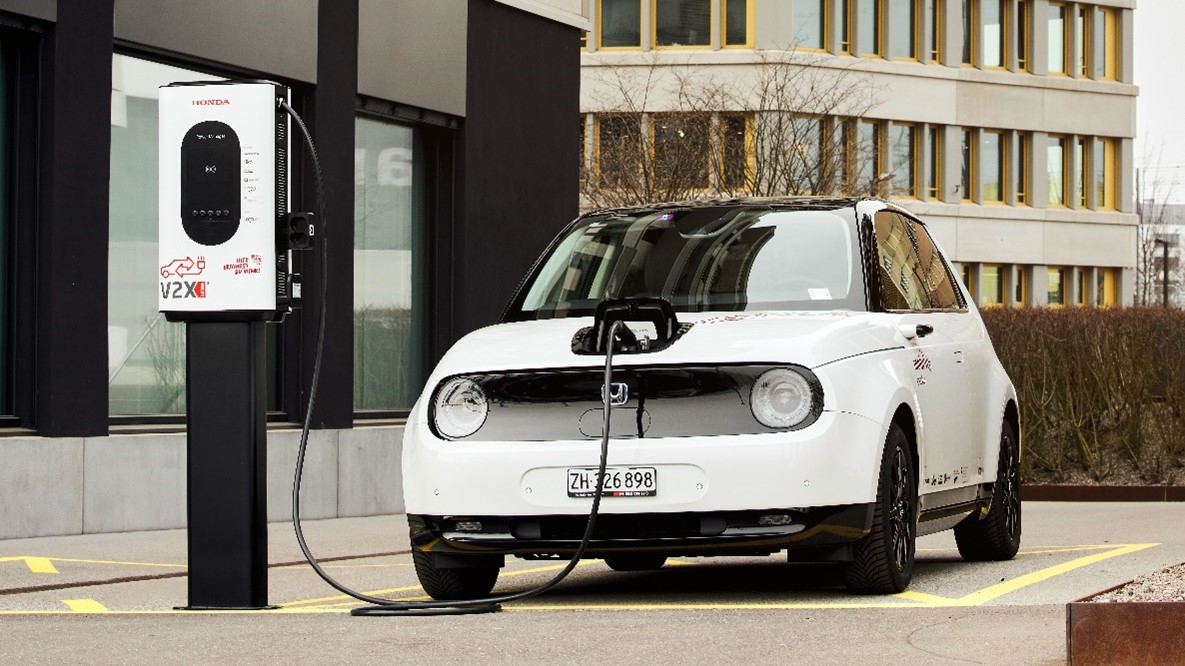Marketing the flexibility of an e-vehicle fleet to distribution grid operators
In this project, a forecasting model is developed that estimates capacity based on time and location using booking/mobility data.
The Mobility cooperative wants to switch to electromobility by 2030. Mobility is building a large-scale charging infrastructure to operate these vehicles. The charging of the vehicles from the power grid can be flexible in time and power. This flexibility has a value for the distribution grid operators and can be marketed by Mobility.
The project will design and test a flexibility product that can be traded between Mobility and distribution grid operators. The bidirectional charging stations will be connected to the control of the distribution grid operators according to a new industry standard. For the planning and use of flexibility, a forecasting model will be developed that estimates capacity based on time and location using booking/Mobility data. On this basis, the flexibility of the charging stations can be used and marketed more efficiently than before
- Model-based analysis of the usable flexibility, the technical and economic sensitivities and revenue factors
- Monetary evaluation of flexibility by means of a revenue model for three different network topologies (rural, urban, agglomeration) and comparison of potential revenues with other marketing options for flexibility
- Definition of interfaces and processes between the partners involved for the marketing of flexibility
- Verification of the developed approaches in a 12-month field test in three different distribution grids. Connection of bidirectional electric charging stations at at least seven Mobility locations according to industry standards.
Client | Mobility Genossenschaft |
Execution | |
Duration | 33 months, from April 2022 to Januar 2025 |
Funding | Innosuisse |
Project team | Ostschweizer Fachhochschule, Mobility Genossenschaft, Azienda Elettrica di Massagno SA, Elektrizitätswerk der Stadt Zürich, Primeo Netz AG. |



